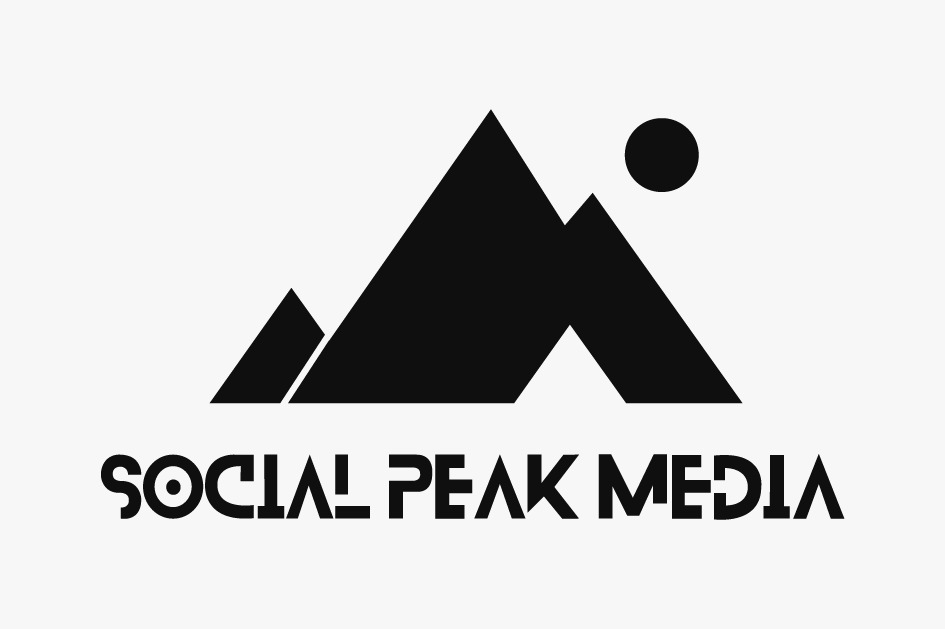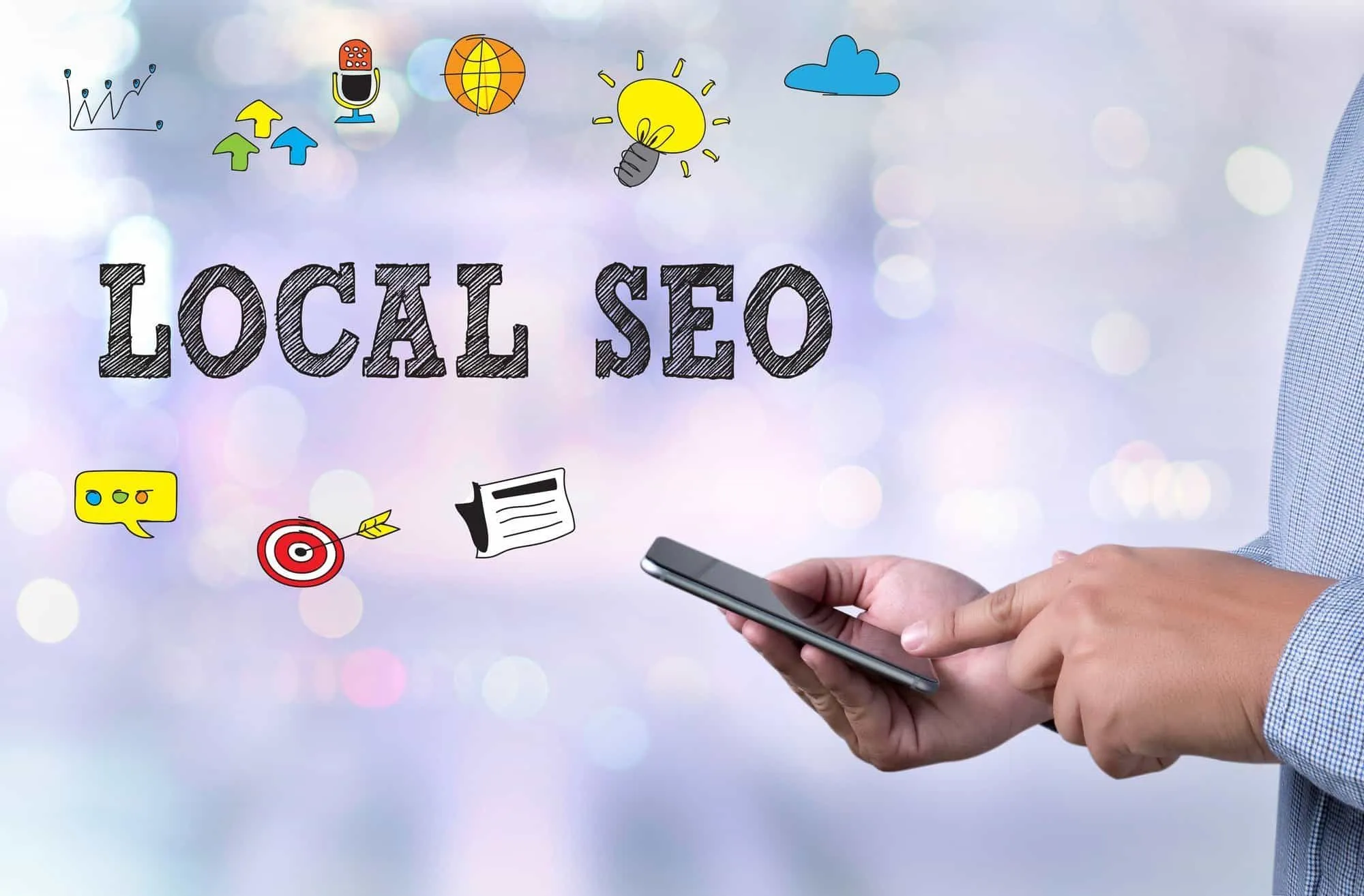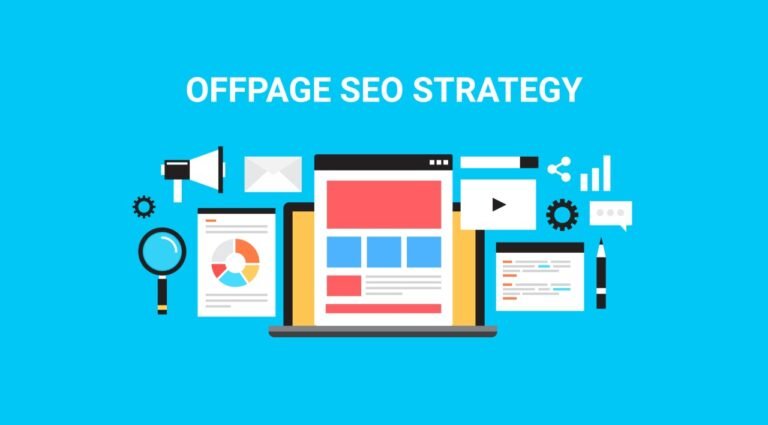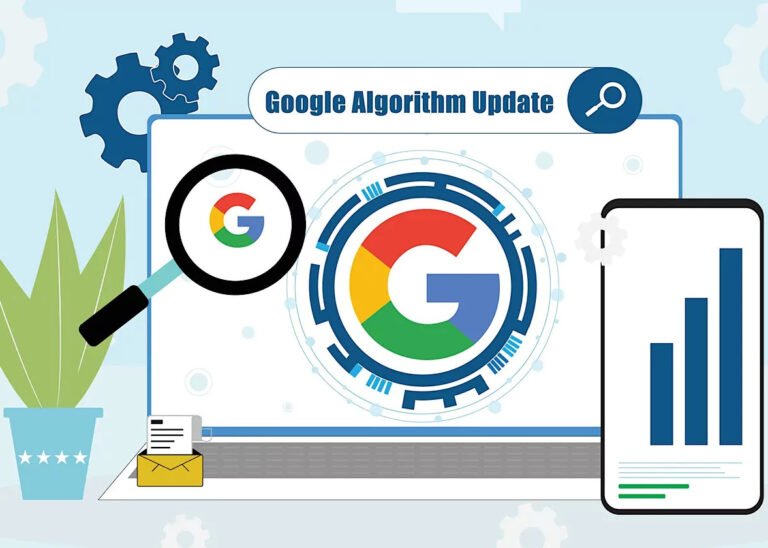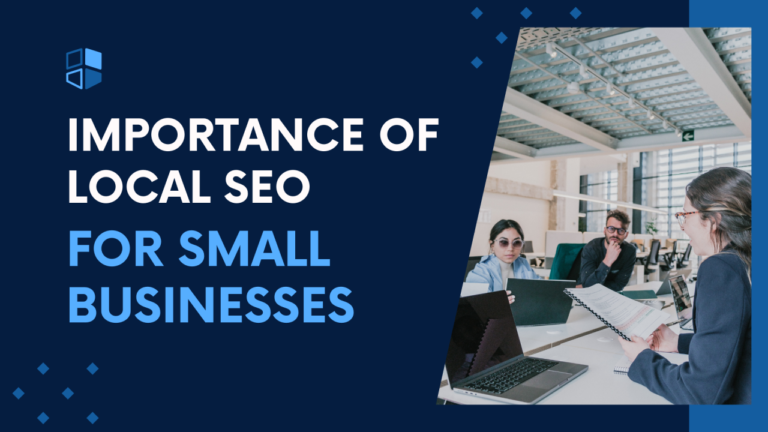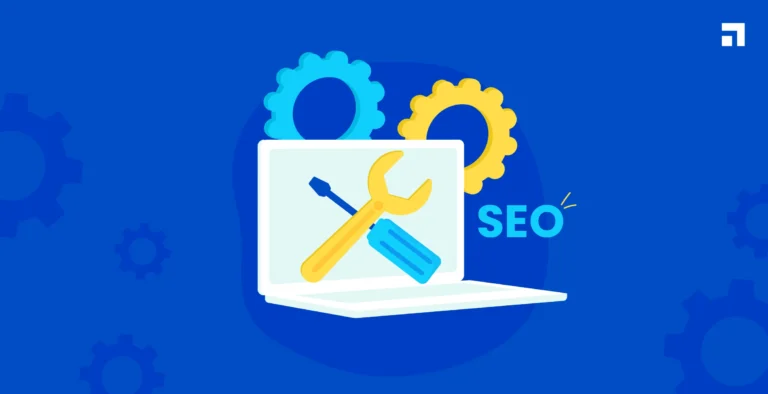What is Local SEO and Why It Matters in 2024
What is Local SEO and Why It Matters in 2024? Local SEO (Search Engine Optimization) is the process of optimizing your online presence to attract more business from relevant local searches. These searches happen on Google and other search engines when users are looking for products, services, or information in their area. When your business is optimized for Local SEO, it becomes more visible in search engine results pages (SERPs) for local queries.
In 2024, Local SEO has become more critical than ever. As search engines continue to evolve, they are becoming increasingly adept at understanding user intent, especially when it comes to local searches. Google, for example, is constantly refining its algorithm to deliver the most relevant local results to users, often based on proximity, relevance, and prominence.
This means that if your business is not optimized for local search, you risk being overshadowed by competitors who are appearing in the “Local Pack”—the section at the top of Google’s search results that displays local businesses related to the search query—can significantly increase your visibility, traffic, and ultimately, your sales. This is why having a robust Local SEO strategy is no longer optional; it’s a necessity.

The Evolution of Local Search
Local search has evolved dramatically over the past decade. In the early days of SEO, businesses focused primarily on optimizing their websites for broad, generic keywords. The goal was to rank high in search results for terms like “best coffee shop” or “top plumber,” without much consideration for local relevance.
However, as search engines became more sophisticated, the importance of local context became clear. Google introduced several updates aimed at improving the accuracy and relevance of local search results. The launch of the Pigeon update in 2014 marked a significant shift, as it integrated more traditional ranking signals (such as on-page SEO and link-building) with local-specific factors like distance and location data.
The rise of mobile devices has further accelerated the evolution of local search. Today, more than half of all internet traffic comes from mobile devices, and a significant portion of that is local searches. People are increasingly searching for businesses “on the go,” often using phrases like “near me” or “open now.” Google has responded to this trend by prioritizing mobile-friendly websites in local search results and offering features like the “Local Pack” to provide users with quick, actionable information.

Voice search is another trend that’s shaping the future of local SEO. With the proliferation of smart speakers and voice-activated assistants like Siri, Alexa, and Google Assistant, users are conducting searches in a more conversational manner. This means businesses need to optimize their content not just for traditional keywords but for the natural, question-based queries that are common in voice search.

As we look ahead to 2024 and beyond, it’s clear that local search will continue to evolve. Factors like artificial intelligence (AI), machine learning, and hyperlocal targeting are likely to play an even bigger role in determining how businesses rank in local search results. To stay ahead of the curve, it’s crucial to keep up with these changes and adapt your Local SEO strategy accordingly.
Benefits of Local SEO for Small Businesses
For small businesses, the advantages of Local SEO are undeniable. Unlike large corporations that often focus on national or international audiences, small businesses rely heavily on local customers to drive revenue. Here’s a closer look at the key benefits of Local SEO:
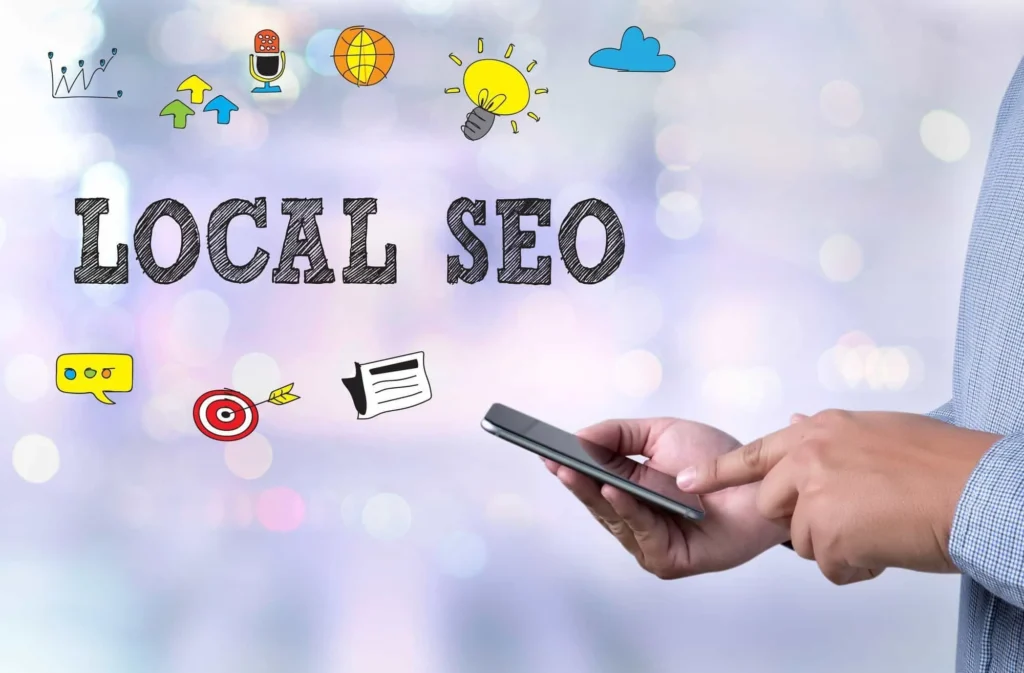
Increased Visibility in Local Search
One of the most significant benefits of Local SEO is the increased visibility it provides in local search results. When a potential customer searches for a service or product you offer, you want your business to appear as close to the top of the results as possible. The higher your business ranks, the more likely it is that users will click on your listing and become customers.
Appearing in Google’s “Local Pack” is especially valuable. This prime real estate is displayed prominently on the search results page, often above organic results, and includes a map showing the locations of businesses along with their contact information. Being featured in the Local Pack not only boosts your visibility but also lends credibility to your business.
Moreover, Local SEO helps your business show up in other local search features, such as Google Maps and voice search results. As more users rely on their mobile devices and voice assistants to find businesses nearby, having a strong Local SEO strategy ensures that your business is easily discoverable.
Higher Conversion Rates Through Local Targeting
Local SEO doesn’t just increase your visibility; it also enhances your ability to attract highly qualified leads. Unlike broader SEO strategies that cast a wide net, Local SEO is laser-focused on reaching customers who are in your immediate area and actively looking for the products or services you offer.
This localized targeting means that the traffic you attract through Local SEO is more likely to convert. For example, if someone searches for “pizza delivery near me,” they are likely ready to make a purchase. If your business appears at the top of the results, you have a much higher chance of capturing that sale compared to a competitor who doesn’t show up in the local search results.
In addition, Local SEO can lead to higher engagement with your online content. When people see that your business is nearby and relevant to their needs, they are more likely to click through to your website, view your products, read reviews, and ultimately make a decision to do business with you.
Building Trust and Credibility in Your Community
Another significant benefit of Local SEO is the ability to build trust and credibility within your local community. When your business consistently appears in local search results, and especially in the Local Pack, it reinforces your presence as a leading provider in your area. This visibility helps establish your business as a trusted and reliable option for customers.
Positive customer reviews are a critical component of building this trust. Reviews not only influence your ranking in local search results but also play a significant role in consumer decision-making. Potential customers are more likely to choose a business with a strong reputation and positive feedback from previous clients. By actively managing your online reviews and encouraging satisfied customers to leave feedback, you can enhance your business’s credibility and appeal.
Furthermore, Local SEO allows you to connect with your community on a deeper level. By optimizing your content to reflect local culture, events, and issues, you can resonate more with local customers. This localized content helps position your business as an integral part of the community, which can lead to stronger customer loyalty and repeat business.
How Local SEO Differs from General SEO
While both Local SEO and general SEO aim to improve your visibility on search engines, the strategies and goals behind them differ significantly. Understanding these differences is crucial for developing an effective marketing plan that aligns with your business objectives.
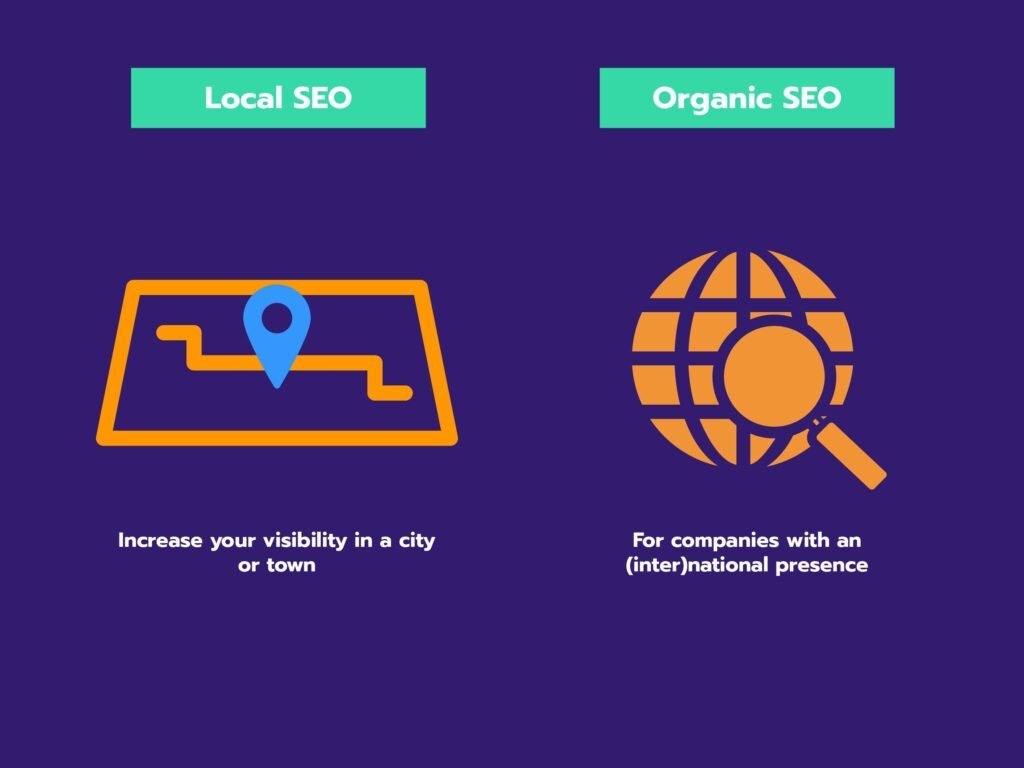
Focus on Local Intent and Location-Based Keywords
One of the primary distinctions between Local SEO and general SEO is the focus on local intent. Local SEO is designed to target users who are searching for services, products, or businesses in a specific geographic area. As a result, the keywords used in Local SEO are often location-based, such as “best coffee shop in [City]” or “affordable plumber near me.”
These location-based keywords are crucial for ranking in local search results. Unlike general SEO, where the goal might be to rank for broad terms that attract a wide audience, Local SEO aims to capture the attention of users who are likely to visit your physical location or require services in your area. This localized approach ensures that your business is visible to the people who are most likely to become customers.
Emphasis on Google My Business and Local Listings
Another key difference between Local SEO and general SEO is the emphasis on local listings, particularly Google My Business (GMB). GMB is a free tool provided by Google that allows businesses to manage their online presence across Google Search and Google Maps. A well-optimized GMB profile is essential for Local SEO success.
Your GMB profile includes important information about your business, such as your address, phone number, hours of operation, and customer reviews. Google uses this information to determine which businesses are most relevant to a user’s search query. By keeping your GMB profile up-to-date and optimized with accurate information, relevant keywords, and high-quality images, you can improve your chances of appearing in the Local Pack and other local search features.
In contrast, general SEO places more emphasis on optimizing your website’s content, structure, and backlinks to improve your overall domain authority and ranking in organic search results. While these elements are also important for Local SEO, the focus on GMB and other local directories is what sets Local SEO apart.
Importance of Customer Reviews and Local Backlinks
Customer reviews and local backlinks play a more significant role in Local SEO than in general SEO. Positive reviews are a major ranking factor in local search, as they signal to search engines and potential customers that your business is trustworthy and provides high-quality service.
Actively managing your online reputation by responding to reviews—both positive and negative—can help improve your local
search rankings and attract more customers. Encouraging satisfied customers to leave reviews on your GMB profile and other review platforms is a powerful way to boost your Local SEO efforts.
Local backlinks, or links from other websites in your area, also contribute to your local search rankings. These backlinks act as endorsements from other businesses or organizations in your community, signaling to search engines that your business is a valuable resource in the local area. Building relationships with local businesses, sponsoring local events, and participating in community activities are effective ways to earn these valuable local backlinks.
Key Metrics for Measuring Local SEO Success
To ensure that your Local SEO efforts are effective, it’s essential to track and analyze key metrics that provide insights into your performance. Here are some of the most important metrics to monitor:
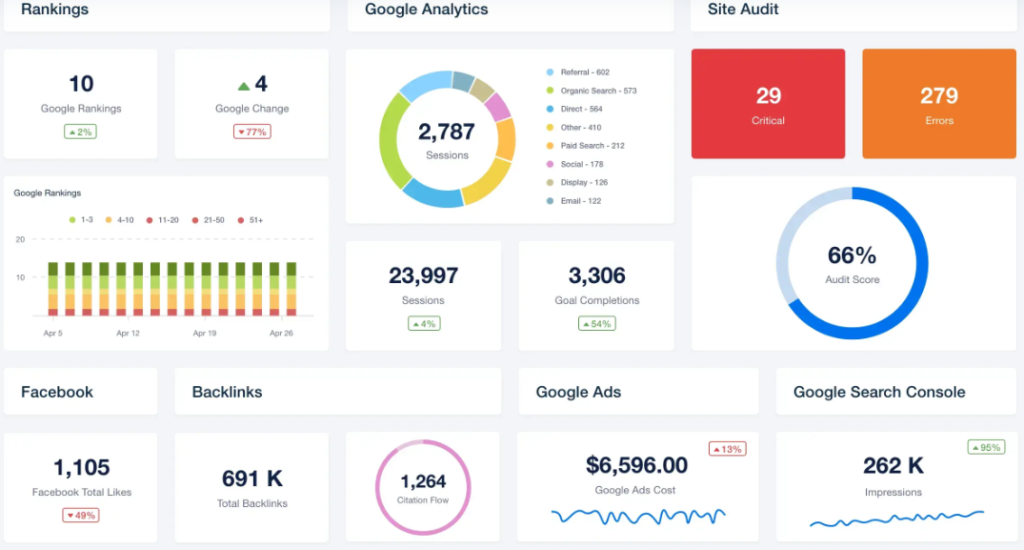
Google My Business Insights
Google My Business provides a wealth of data that can help you understand how customers are interacting with your business online. GMB Insights include information such as the number of views your profile received, how often users clicked on your website link, and how many people requested directions to your location.
By regularly reviewing these insights, you can gauge your business’s visibility in local search results and identify areas for improvement. For example, if you notice a high number of profile views but a low number of clicks to your website, you might need to update your profile with more engaging content or images to encourage users to take the next step.
Local Search Rankings
Tracking your local search rankings is crucial for understanding how well your business is performing in local search results. Use tools like Google Search Console or third-party platforms to monitor your rankings for relevant local keywords over time.
Pay attention to how your rankings change after making updates to your website or GMB profile, and adjust your strategy as needed to maintain or improve your position. Remember that local search rankings can fluctuate based on factors like user location, search history, and time of day, so it’s important to track your rankings consistently.
Customer Reviews and Ratings
Customer reviews and ratings are a major factor in local search rankings and can significantly impact your business’s online reputation. Regularly monitor your reviews on Google My Business, Yelp, and other review platforms to ensure that your business is maintaining a positive reputation.
Responding to reviews is also important. Thank customers for positive feedback and address any concerns raised in negative reviews professionally and courteously. By actively engaging with your customers and showing that you value their feedback, you can improve your business’s reputation and encourage more positive reviews.
Click-Through Rate (CTR)
The click-through rate (CTR) of your local listings, including your Google My Business profile, is an important indicator of how appealing your business is to searchers. A high CTR suggests that your listing is relevant, engaging, and meeting the needs of local users.
To improve your CTR, ensure that your GMB profile and website meta descriptions are compelling and accurately reflect the services or products you offer. Including strong calls-to-action (CTAs) and up-to-date information can also help increase your CTR.
Conversion Rate
Ultimately, the goal of Local SEO is to convert searchers into customers. Whether your conversion metric is phone calls, form submissions, online bookings, or in-store visits, tracking your conversion rate will help you measure the effectiveness of your Local SEO strategy.
To improve your conversion rate, focus on providing a seamless user experience across all touchpoints—from your website and GMB profile to your in-store interactions. Ensuring that your website is mobile-friendly, easy to navigate, and optimized for local search queries can also help boost your conversion rate.
Local Backlinks
Local backlinks are an important factor in improving your local search rankings. These are links from other websites in your local area that point to your business. High-quality local backlinks signal to search engines that your business is a trusted and valuable resource in the community.
To build local backlinks, consider partnering with other local businesses, sponsoring community events, or contributing to local blogs and news sites. These activities not only enhance your local SEO but also strengthen your connections within the community.
Conclusion
In 2024, Local SEO remains a critical strategy for small businesses looking to succeed in their local markets. By understanding the evolution of local search, capitalizing on the benefits of Local SEO, and tracking key metrics, you can position your business for success in the increasingly competitive digital landscape.
At Social Peak Media, we’re committed to helping small businesses thrive through effective Local SEO strategies. Whether you’re just getting started with digital marketing or looking to optimize your existing efforts, our team is here to guide you every step of the way.
Ready to take your local business to the next level? Contact us today to learn how we can help you dominate local search results, attract more customers, and grow your business in 2024 and beyond.
Disclosure: Our blog contains affiliate links to products. We may receive a commission for purchases made through these links. However, this does not impact our reviews and comparisons. We try our best to keep things fair and balanced, in order to help you make the best choice for you.
